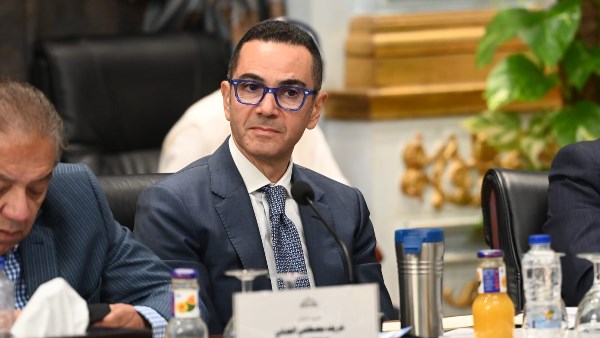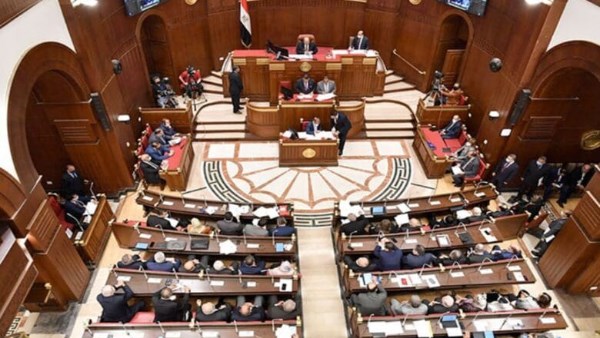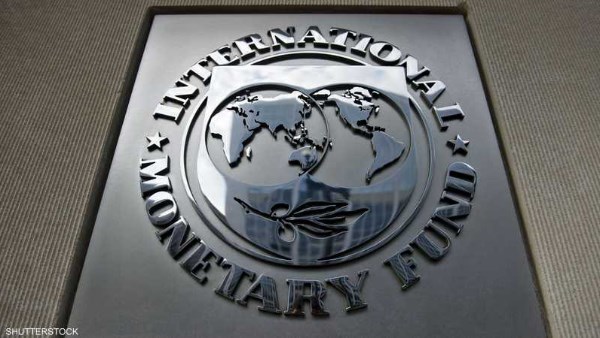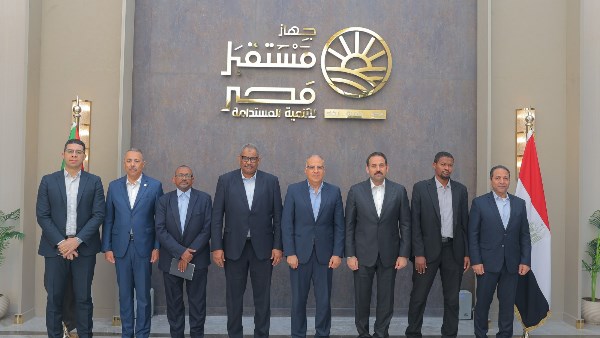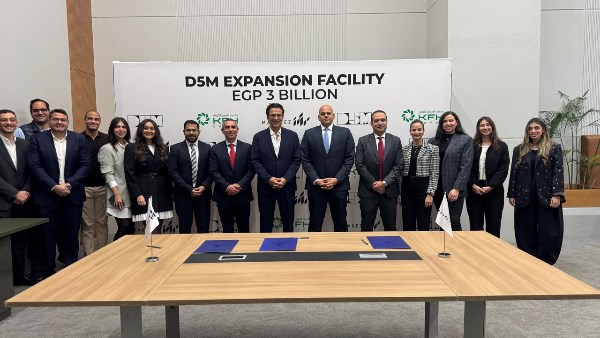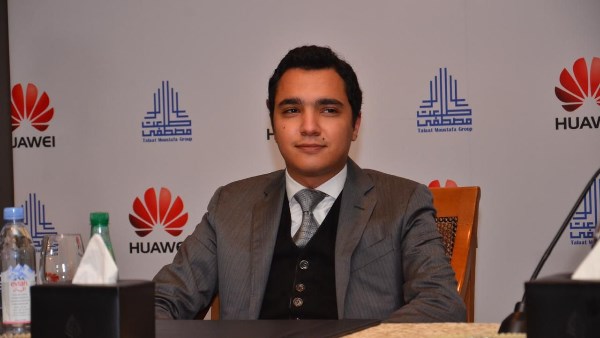
The investments in gigaprojects decreased by 12.4%
What’s behind the $8-billion hit to Saudi Arabia’s massive wealth fund

Saudi Arabia’s enormous sovereign wealth fund experienced a significant decline in its investments in so-called "gigaprojects," resulting in an $8 billion write-down by the end of 2024. Despite this setback, the fund’s assets under management approached nearly $1 trillion, as reported in its annual report.
The investments in gigaprojects decreased by 12.4%, totaling approximately 211 billion Saudi riyals ($56.2 billion). Conversely, the Public Investment Fund (PIF) saw its assets grow by 19% from the end of 2023, reaching around $913 billion, positioning it as one of the largest and fastest-growing sovereign wealth funds globally. These gigaprojects, which include the ambitious $500 billion Neom development, accounted for 6% of the PIF’s total assets in 2024, down from 8% the previous year.
The writedown is primarily attributed to declining global oil prices and a growing fiscal deficit in Saudi Arabia. The kingdom’s economy remains heavily reliant on oil revenues, despite ongoing efforts to diversify through initiatives like Vision 2030 and substantial growth in non-oil sectors.
Since 2017, the PIF’s annualized returns have decreased from 8.7% to 7.2%. The fund holds significant stakes in major companies such as Uber and Tesla, and owns prominent sports franchises including LIV Golf and Newcastle United. Additionally, the PIF has been expanding its funding sources, raising nearly $10 billion through public debt and an additional $7 billion through private placements.
International investments now constitute only 17% of the portfolio, down from 20%, as the fund shifts its focus toward domestic investments. A notable factor contributing to the increase in assets under management is the allocation of more Saudi Aramco shares to the PIF. However, industry analysts warn that if crude oil prices continue to decline, the revenue share from oil investments for both the Saudi government and the PIF will likely diminish.
Lower oil prices and reduced dividends from Aramco, driven by decreased oil demand projections, are expected to constrain the fund’s investment capacity. Meanwhile, the PIF is anticipated to increase investments in high-growth sectors such as artificial intelligence, as part of its strategic diversification efforts.
Budget overruns
Neom, a massive new development project in western Saudi Arabia, is part of the Vision 2030 initiative aimed at diversifying the economy away from oil dependence and creating new employment opportunities. Covering an area roughly the size of Massachusetts, Neom is envisioned to feature futuristic cities and technological innovations designed to attract millions of residents and revolutionize living standards in the country.
Initiated by Crown Prince Mohammed bin Salman, Neom’s ambitious plans include cutting-edge urban developments and technological hubs. However, the project has faced challenges such as budget overruns, operational delays, and shifts in global oil market conditions, leading to scaling back or shelving some components. Sources involved in Neom have indicated that the project’s costs, initially estimated between $500 billion and $1.5 trillion, have contributed to increased fiscal pressures.
The Saudi government’s budget deficit widened in 2024, exacerbated by falling oil prices that have dipped below levels necessary for balancing the national budget. This economic environment has prompted a reassessment of large-scale projects like Neom, emphasizing the need for fiscal discipline and strategic investment adjustments to ensure sustainable growth.





-1120252475029447.jpg)



